As an Arts student for the past three years, I’ve often grappled with the complexity of Mathematics. My issue was never the subject itself, but the approach and, often, the teacher.
I still vividly remember a teacher asking a private class, “Hope there are no art students here?” It stung. It reinforced a damaging stereotype about our intellectual capacity for numerical subjects. What do they take Arts students for?
The core issue is how the curriculum is framed and taught to diverse students.
When I open a math textbook, I see topics like acceleration, deceleration, turning points, and vectors. These are fundamentally Physics concepts. We’re expected to grasp these deep scientific ideas while our focus is on Constitutions, Literature, Government, and Religious Studies.
Similarly, complex topics like functions—which are integral to Further Mathematics—are thrust into the general curriculum. This is where the confusion starts.
Imagine if Mathematics was taught with a focus on its applications in the Arts.
• Instead of ‘vectors,’ we could explore perspective and vanishing points in painting or architectural design.
• Instead of purely physics-based functions, we could analyze rhythmic patterns in music or statistical trends in political science and economics.
I believe if the approach was rooted in concepts relevant to the Arts, Science students might be the ones struggling to keep up!
Every teacher has the responsibility to connect the subject matter to the student’s field of study. When you pull a concept from a completely different discipline, it doesn’t just get confusing—it feels irrelevant. Teach For Nigeria Olasunkanmi Opeifa
To the educators and policymakers: Let’s focus on incorporating teaching that acknowledges and builds on what students are already passionate about. It’s time to bridge the gap between STEM and the Humanities. 🤝
MEET THE AUTHOR
Daibi Abere is a dynamic young innovator and leader with a strong foundation in technology, entrepreneurship, and personal development.
In 2023, Daibi emerged as a finalist in the prestigious Conrad Challenge, a global competition that fosters innovation and entrepreneurial solutions to world problems. This achievement earned Daibi a $60,000 scholarship toward undergraduate studies at Clarkson University in the United States.
Prior to this accomplishment, Daibi demonstrated significant leadership capabilities as the Headboy of Bloombreed High School. In this role, Daibi showcased exceptional leadership and communication skills, working with both students and staff to foster a more inclusive and engaging school environment. This experience instilled a profound understanding of responsibility and teamwork.
Daibi’s dedication to holistic development is further reflected by the successful attainment of the Duke of Edinburgh’s (DofE) Bronze Award and currently pursuing the Silver Award, which recognize a proven commitment to personal development, community service, and resilience. Daibi embodies a proactive and innovative spirit, focusing on applying entrepreneurial drive and leadership experience to create meaningful and lasting change.


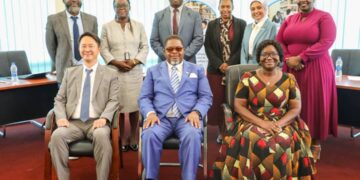


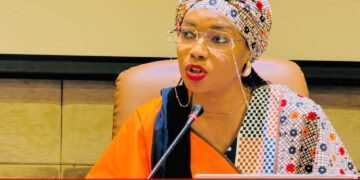
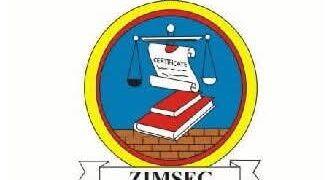
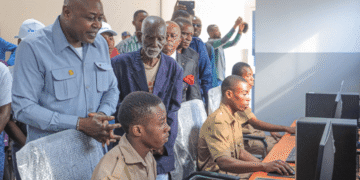


















































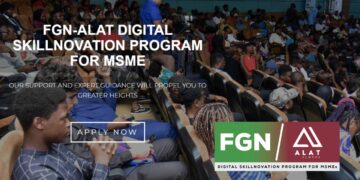
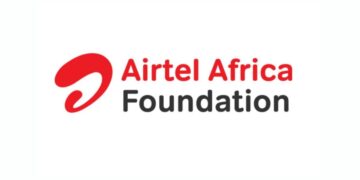



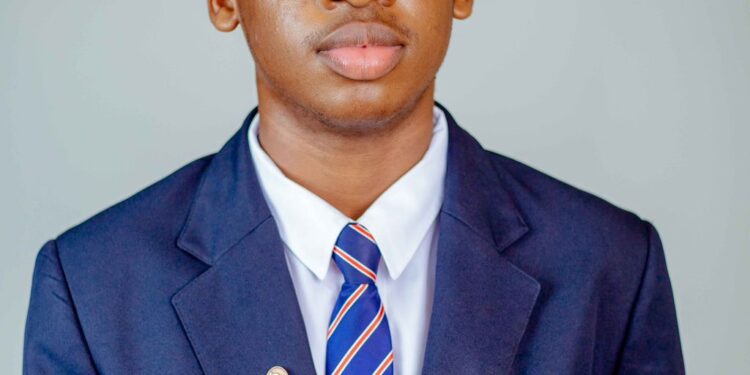





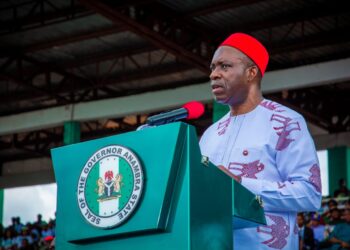

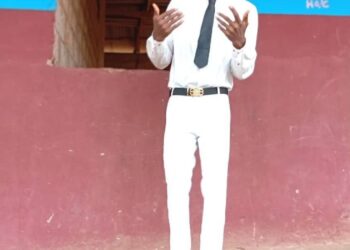












 EduTimes Africa, a product of Education Times Africa, is a magazine publication that aims to lend its support to close the yawning gap in Africa's educational development.
EduTimes Africa, a product of Education Times Africa, is a magazine publication that aims to lend its support to close the yawning gap in Africa's educational development.

